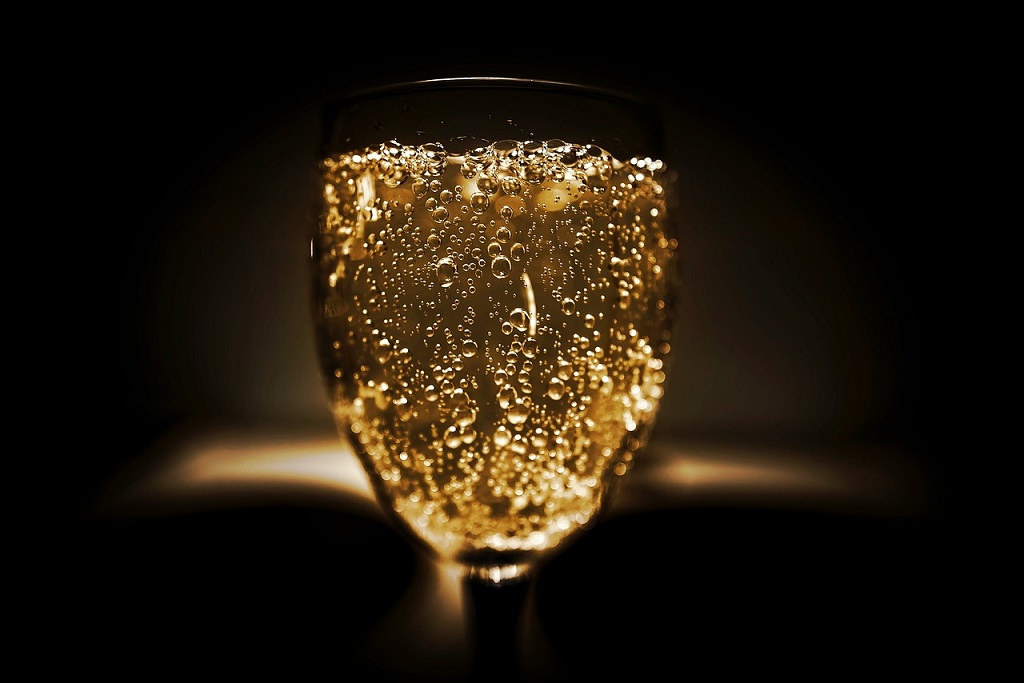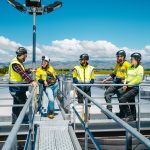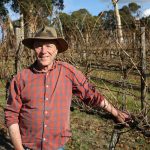A major producer in South Australia has confirmed the wine industry is facing rising costs and production challenges amid a carbon dioxide (CO2) shortage following the closure of the Torrens Island A power station in Adelaide.
Hill Smith Family Estates, which owns a broad portfolio of brands including Yalumba and Pewsey Vale, has reported the cost of CO2 supplies has “approximately doubled” following the station’s closure.
“At this stage the alternative sources of supply are approximately double the cost of our current contract,” said John Ide, group wineries and operations manager at Hill-Smith Family Estates.
“Predictions are that CO2 pricing going forward will likely be around a 100% increase to most businesses.
“In general, CO2 is critical in wine production for many reasons, particularly if you are manufacturing sparkling wine.
“For many uses where CO2 cannot be substituted, the only option is to pay more.”
The absence of CO2 from the Torrens Island B station has meant that producers in SA are having to source more CO2 from interstate as well as share stockpiles with one another to make ends meet.
According to a statement issued by AGL Energy in May 2017, when the facility was commissioned, the plant was built in partnership with Air Liquide Australia to recover CO2 from its Torrens Island power station site.
The state-of-the-art CO2 recovery plant was designed to capture and purify up to 50,000 tonnes of CO2 emissions from the power station’s exhaust each year.
The Torrens CO2 recovery plant has been the only plant in the state to capture CO2 from existing emissions and the first plant to capture CO2 from a power station for the CO2 market in Australia.
The Torrens Island ‘B’ Power Station commenced operations in 1976 with a nameplate capacity of 800 MW, providing South Australia with both electricity generation and grid ancillary services. The first of the four generating units (“B1”) was mothballed in October 2021; both B1 and the remaining three units will be retired on 30 June 2026.
In a statement issued by the South Australian Department for Industry, Innovation and Science, a spokesperson said that the Department had been made aware of the supply shortages.
“The Government of South Australia is aware of the recent CO2 supply shortages that are affecting industry in South Australia,” they said.
“The government is working with relevant industry associations, impacted business and CO2 suppliers to resolve immediate, medium and longer term CO2 supply options.”
Daily Wine News has reached out to Air Liquide for comment and has not yet had a response.
Are you a Daily Wine News subscriber? If not, click here to join our mailing list. It’s free!
















